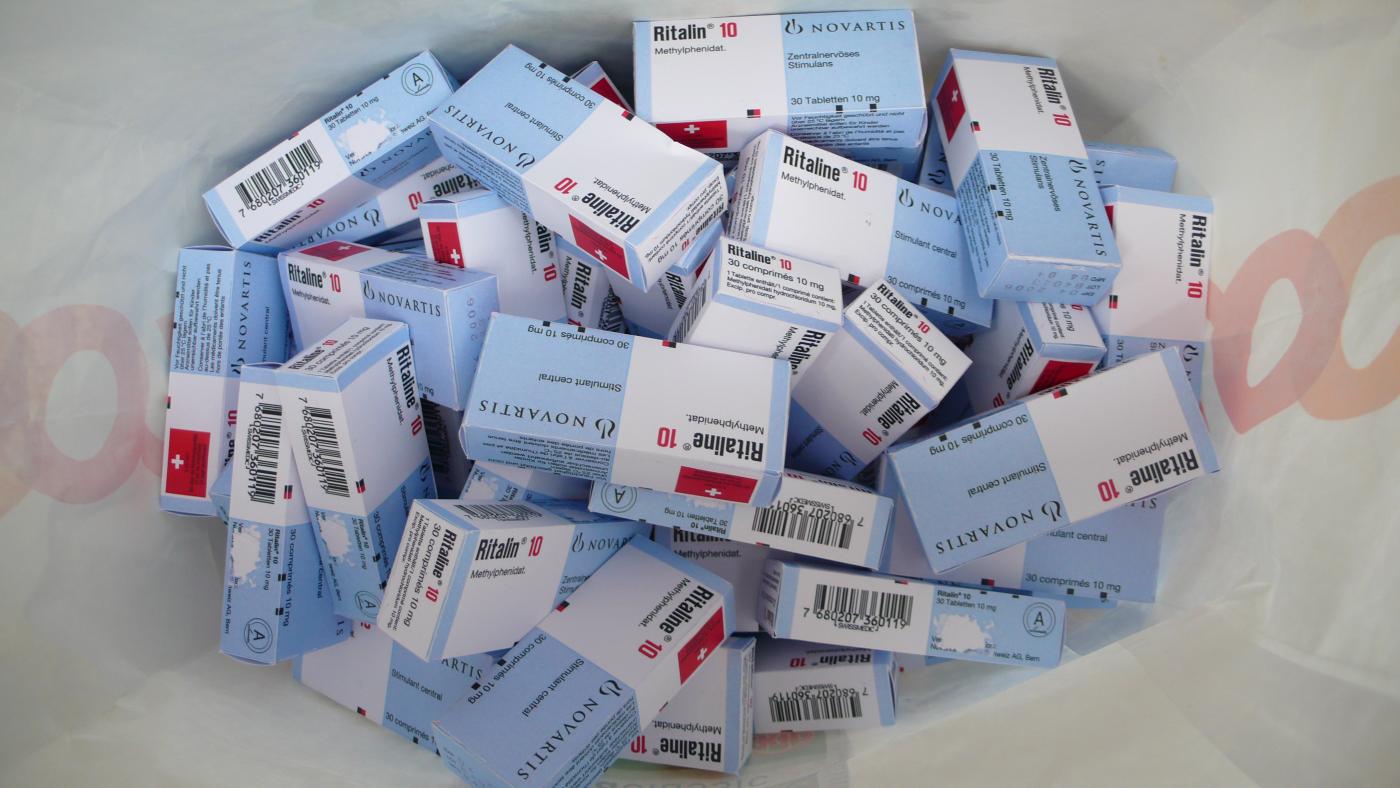‘More attention needed for the risks of improper use of Ritalin'

As early as 2017, a survey by the Dutch Institute for Rational Use of Medicine (IVM) showed that almost a quarter of the students would have taken Ritalin without a doctor's prescription. Doctors generally prescribe Ritalin only for a diagnosis of ADHD or narcolepsy. Methylphenidate, the active ingredient in, among others, Ritalin, ensures that you can work concentrated for longer. This can be an advantage in academic performance.
The improper use of methylphenidate has increased in recent years, according to research carried out by the University of Amsterdam in February. Researchers then warned that higher education programmes should inform students better about the possible dangers. For example, Ritalin use is associated with cardiovascular problems, depression, and even suicide.
Dealing in the University Library
“People are poorly informed about these side effects and possible dangers,” says Jesse Wijlhuizen. On February 6, on behalf of the University Council, he addressed the concerns regarding the use of Ritalin to the Executive Board. He also had an investigation carried out into whether you can get Ritalin easily on campus. During the examination period in January it turned out that you could get Ritalin free of charge in the university libraries within an average of twelve minutes.
“It's shocking that you can ask strangers for hard drugs and not even be looked at strangely,” says Wijlhuizen. “People even said they were sorry if they couldn't give Ritalin.” He says he doesn't want a drug check at the University Library door. “That would be too much. What we need to do right now is create awareness.”
Campaign
Eva Oosters, chair at Student & Starter, shares Wijlhuizen's concerns. In mid-May, she asked the municipal council questions about the improper use of Ritalin and the welfare of students. In response to these questions, the mayor and municipal executive will enter into discussions with partners. In cooperation with UU and student associations, the executive wants to tackle the problem, for example by means of an awareness campaign about undesirable side effects and criminal risks.
It would be obvious to focus that campaign on students, but there is also a second option, says Wijlhuizen. “There may be a broader problem. Because why is there so much Ritalin 'left over' for the trade? The fact that this trade is possible indicates that there is an abundance of the drug. You wouldn't sell your own pills if you really needed all of them. That would be a more structural problem, because then too much of the drug would be issued, and then you would have to focus a campaign or policy on health care as well”.
National study
In its meeting with the Student and Academic Affairs Office on February 6, the University Board reacted cautiously. The Board first wanted to await the national study on student welfare and Ritalin use. That study was planned for this year, but a week after the meeting referred to above, it turned out that the study would be postponed until next year. This year, the results would not be representative, because the coronavirus has a lot of influence on the experiences of students.
Performance culture
The fact that students use Ritalin en masse to study better is often associated with the performance culture. This is also stated in the memo from the University Council. In the meeting of February 6, Rector Magnificus Henk Kummeling said to that: “Of course we have a performance culture. We ask our students to perform. What we don't ask of them is to resort to undesirable means.”